- Membership Resources
- State Chapters
- Education/Events
-
Advocacy/Policy
- Home Care Workforce Crisis: An Industry Report and Call to Action
- Advocacy Fund
- State of Home Care: Industry at Crossroads
- Home Care Workforce Action Alliance
- Caring for Seniors: Value of Home Care
- Home Care by the Numbers
- Issues & Positions
- Legislative Action Network
- State Legislation Tracker
- Federal Legislation Tracker
- 2024 National Advocacy Day
- About HCAOA
- Find a Job
|
In recent days both the House and Senate passed respective budget resolutions for the fiscal year, which marks the start of a legislative process in Congress called budget reconciliation. Key congressional committees are not preparing legislation to reconcile the budget resolution that was passed. A budget reconciliation process is a powerful tool that allows lawmakers to advance spending and tax policies through the Senate with a simple majority. The term “reconciliation bill” describes legislation that would change spending and/or tax laws to meet the targets set by a congressional budget resolution. Only a simple majority is required for passage in the Senate. If everyone shows up, that means 51 votes. Such legislation cannot be filibustered, and proponents do not need the 60-vote supermajority that applies to most legislation under the chamber’s cloture rules.
The budget reconciliation process has been used to pass some sweeping measures, including:
Democrats are planning to use the budget reconciliation process to quickly pass pandemic relief legislation. The initial plan was drafted by the Biden Administration and the Congress is working to get the plan passed and on President Joe Biden’s desk for his signature. Here are some of the goals of the plan:
The HCAOA has raised specific concerns relating to the Biden pandemic package. These include: Funding for COVID-19 Testing and Vaccinations HCAOA urges that COVID-19 testing and vaccinations of seniors, individuals with disabilities, and their caregivers, must be the priority of all states. As seniors are most at risk from COVID-19 it is essential that all workers, particularly those entering a senior’s home, receive priority consideration for vaccination. Emergency Paid Leave Home care providers support emergency paid leave during this pandemic for those who are sick with COVID-19 or have been exposed to the virus. However, the HCAOA asks that the refundable tax credit continue to cover 100 percent of employers paid leave costs for as long as the emergency paid leave program is in place. HCAOA also urges Congress to ensure the emergency paid leave program is not abused by those who have not contracted COVID-19 or been exposed to the virus. Minimum Wage Increase Home care providers know that their greatest asset is their caregivers. As such, home care providers strive to provide competitive compensation for their workers while holding down costs for seniors to ensure they can afford to remain in their homes as they age. HCAOA urges Congress to consider a more modest increase in the federal minimum wage rate at this time to ensure access to essential home care is not jeopardized by raising the federal minimum wage. Tax Credit Legislation Being Prepared for Introduction HCAOA has been a strong supporter of the “Credit for Caring Act,” which could improve access to home care and other long-term care support services in the U.S. by authorizing a non-refundable tax credit for family caregivers. This Act was sponsored by Senator Joni Ernst (R-IA) and Senator Michael Bennet (D-CO) in the Senate, and Rep. Linda Sanchez (D-CA) and Rep. Tom Reed (R-NY) in the House of Representatives during the 116th Congress. The legislation provides a $3,000 benefit to family caregivers. HCAOA is working with the bill sponsors to increase the benefit to $5,000 per year and we are hoping it can be reintroduced in the House and Senate in the coming weeks.
0 Comments
Leave a Reply. |
Archives
July 2024
Categories
All
Upcoming Events |
|
Phone: 202-519-2960 | 444 N. Capitol Street NW, Suite 428 | Washington, DC 20001
[email protected] | sitemap © 2024 Home Care Association of America. All Rights Reserved. | Privacy Policy | Refund Policy |
|

 RSS Feed
RSS Feed
